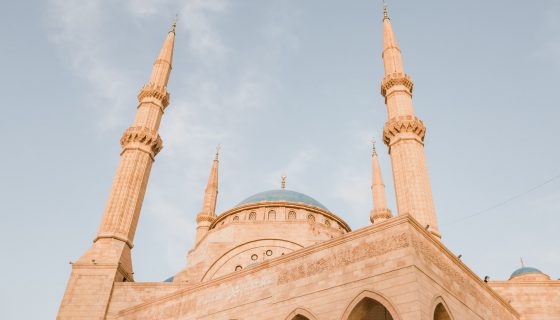- Mediterranean Hope - Federazione delle chiese evangeliche in Italia
- mh@fcei.it
Humanitarian Corridors presented at the European Parliament
Rome (NEV), December 7, 2017 – Yesterday in Brussels, a hearing on Refugees Sponsorship was held in the Aldo Moro room of the European Parliament. This event was attended by a panel of experts to which participated, among others, Mary Coulter, Mission of Canada to the EU, Donatella Candura, Department for Civil Liberties and Immigration of the Italian Ministry of the Interior, Cesare Zucconi, Secretary General of the Community of Saint Egidio and Paolo Naso, coordinator of Mediterranean Hope – Programme for Refugees and Migrants promoted by the Federation of Protestant Churches in Italy (FCEI). The meeting was opened and chaired by the Italian MEP Elly Schlein (S&D), rapporteur of a proposal to reform the Dublin System with regard to reception and asylum requests.
In addition to describing the resettlement programme implemented by the Canadian government under the system of private sponsorship, the panel depicted the humanitarian corridors project launched in Italy and then replicated in France and Belgium.
In his speech, Mr. Naso explained how the sponsorship programme was envisaged by the Turco-Napolitano law, – then repealed by the Bossi-Fini law, and the way it offered a safe and legal access for migrants who were interested in working in Italy. «That model is favourable since migrants have a referent in their process of integration that is also strengthened by the guaranteed jobs provided by sponsors.» Mr. Naso said. « In some ways, the reception provided to the beneficiaries of the humanitarian corridors has been conceived under this perspective by involving the civil society in an attempt to support asylum seekers in entering the Italian society. The feasibility of activating large-scale humanitarian corridors is played on the ability to allocate resources allowing the beneficiaries to integrate quickly into society. Hence, the exceptional role that can be played by churches, communities of faith and the various expressions of civil society» Mr. Naso said.





